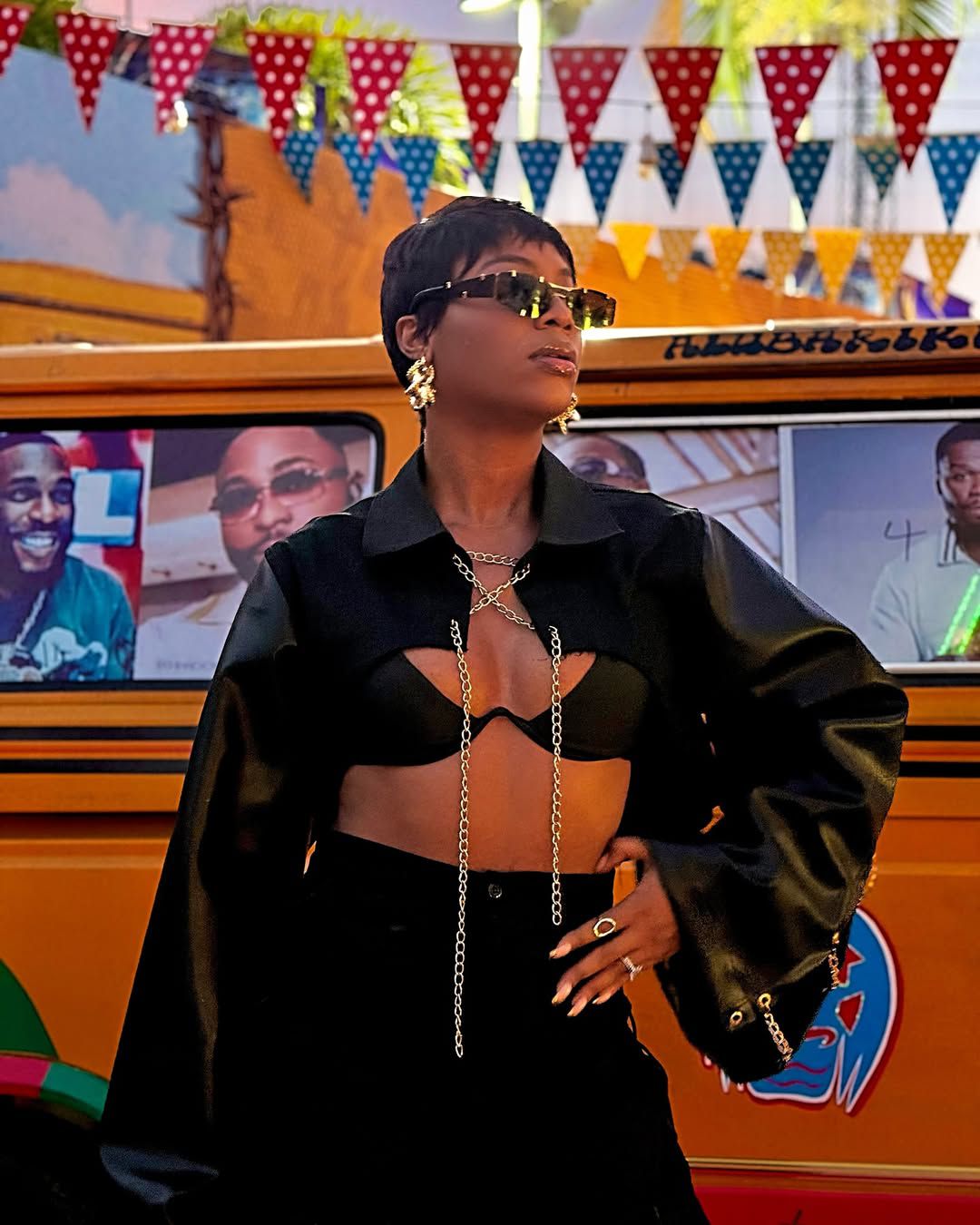
Breakout screenwriter, Victoria Eze ‘Mz Vick’ explained that of all the stories she had in the works, A Ghetto Love Story was the most affordable project to execute.
What happens when a first-time screenwriter steps into Nollywood with a story about love, survival, and a little sprinkle of ‘shit’? You get A Ghetto Love Story, a film that’s got audiences buzzing at full throttle. But behind the scenes is a screenwriter who birthed the story. And guess what? It’s her first rodeo!
Popularly known as Miz Vick, Victoria Eze is a well-renowned media personality, producer, content creator, marketing executive and budding writer. A Ghetto Love Story is her first film project.
During our chat with Miz Vick, she opened up about the highs and lows she experienced while bringing the film to life.
We know real events inspired the story, but what made you tell it?
Because we could afford it, that’s just the simple truth. We had a few titles on our table, but A Ghetto Love Story was the most financially sensible option. But then again I truly believe that everything happens for a reason. We had a film titled, Scorpio that was supposed to be out. The film is about the upper class, like the 1%, but we couldn’t afford to. In fact, our budget doubled before the end of A Ghetto Love Story production due to the economy. This is our most personal story because it actually happened in real life. Not the whole story obviously, but It is inspired by real-life events. We thought we could put the story out there and see how people would receive it, especially because it’s a story an average Nigerian would relate to.
How did you balance portraying the struggles of life in a tough environment like we had in the film while still showcasing the beauty of love?
I’m a real person. I don’t see things as they should be, I see things as they are. Poverty wasn’t something I wanted to be overemphasised in the film because the actual thing is that when people think about the ghetto, they think about the worst possible areas but the truth is, they are living. They are educated but probably don’t have the same exposure as others. So, I wanted to paint a realistic ghetto life.
What challenges have you faced in bringing this story to life?
The greatest challenge we had was that we announced too early. We announced at the beginning of the year that A Ghetto Love Story was coming and we didn’t have a script yet. That was a lot of pressure. It’s a different thing when you’ve done something already before you announce it but when you put it out there and you don’t have a cast or crew; nothing, it’s different. Another challenge for me was character development but the writing part was fun for me. If I knew we were not going to shoot on time, I would have taken more time to actually write the script but I’m glad it all worked out.
What kind of emotional impact do you hope this film will have on your audience?
We see the characters change and as they change, so do our feelings. I want people to be so in tune with themselves that when we see something we don’t jump into attack mode, but rather see things from various perspectives. I believe that human emotions are so complex. You know everyone wants to see things in black and white but a significant part of life happens in the grey areas. There are so many things that should be understandable but then it happens to you and you realise that, what you thought you would have done differently, you couldn’t. I was trying not to paint any of my characters as good or evil.
At the end of the day, we are all capable of good and bad things. I just wanted the audience to figure that out. Although people want a part two, I think the film ended well. Life isn’t a fairytale and there isn’t always a happy ending. Sometimes the bad guy wins. I’m leaning towards a series rather than a part 2 though.
Are there any projects you’re currently working on or would you like to expand on what you’ve started with this story?
I need a break. Taking a break is trying to figure out what our next story will be. We’re leaning towards an epic film, an Igbo epic. The more you do film the more you realise that filmmaking is more about money than anything else. A Ghetto Love Story was like an audition for a bigger role, a bigger project. We hope we have the funds to make more.
 topnaijanews Stay informed with the latest Nigerian news at your fingertips
topnaijanews Stay informed with the latest Nigerian news at your fingertips
